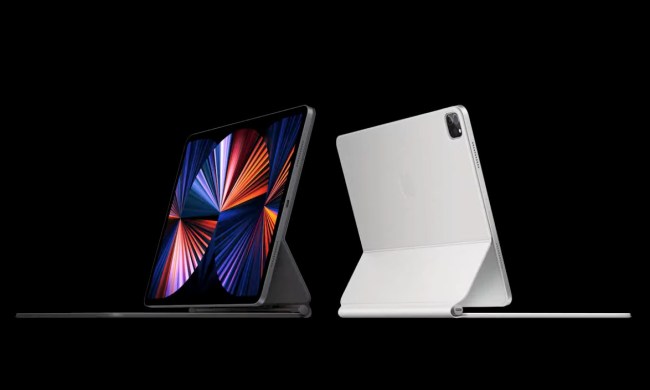The Universal Stylus Initiative hopes to fix that. A collaboration of more than 30 global companies — including prominent names like Intel, Dell, HP, Lenovo, Sharp, Synaptics, and Wacom – USI is perhaps best thought of as USB for the stylus. Its goal is to make any stylus work with any USI-enabled device without prior setup or special drivers.
USI has been in development for some time, and Digital Trends reported on it from the Intel Developer Forum, where the basics were laid out. The technology relies on adding the USI specification to a device’s touch controller. Once added, it enables wireless communication over a very short range – a few millimeters, at most.
This two-way communication lets the device and the stylus talk, and it works a lot like Wi-Fi. The pair aren’t constantly connected, but instead send bursts of information so quick they seem continuous. Using this strategy is important, because it enables the connection of up to six styluses at once, and also allows the devices to switch frequencies if a particular frequency doesn’t work well.
Another major feature of USI is the space it reserves for custom commands. Any stylus adhering to the specification can use this space to execute code that enables whatever special features the builder desires. The specifics may require installation of extra drivers, depending on the feature, as the reserved space is limited. But it should, generally speaking, allow some cross-device compatibility of buttons, special functions, and other features that could be found on a stylus.
While Thursday marks the announcement of USI 1.0, it doesn’t come alongside launch products. It will take some time for the first version of the standard to find its way into retail products, as device manufacturers must make devices and styluses that work with it. Alex Erdman, an engineer at Intel working on USI, told us we’ll probably have to wait until 2018 before we see devices that incorporate the standard.
That’s a bit of a wait, and it’s unfortunate. Until then, we’re stuck buying expensive, device-specific styluses. When USI does come around, though, it may lead to far greater competition as manufacturers start to build styluses that are not just great for their device, but great at everything.


